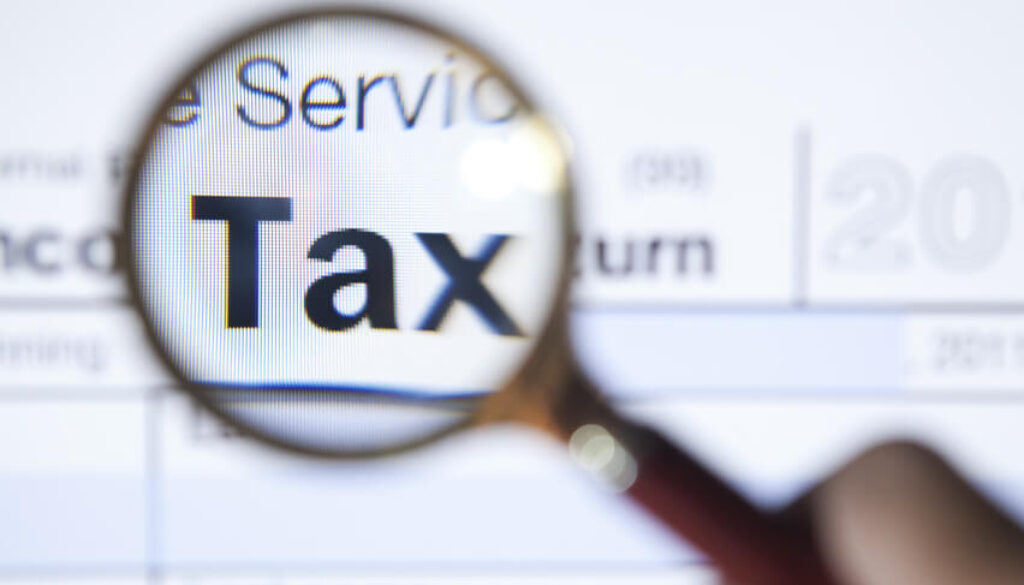Are State and local tax refunds taxable
Are State and local tax refunds taxable
Summary
State and local tax refunds are considered taxable income by the IRS. Refunds of sales tax, property tax, and other non-income taxes are generally not taxable. If you receive a state or local tax refund in error, you’ll need to take steps to correct the mistake.
Receiving a state and local tax refund can be a welcome surprise, especially if you were expecting a large bill. However, before you start making plans for that extra cash, it’s important to understand whether these refunds are considered taxable income. In this article, we’ll explore the tax implications of state and local tax refunds so you can make informed decisions about your finances. Need help filing your taxes?
Click here to Book an online appointment
Are State and local tax refunds taxable? The short answer is yes, state, and local tax refunds are considered taxable income by the IRS. When you receive a refund for taxes you paid, the IRS views it as if you received an overpayment and then received a return of that overpayment. This means that the refund is considered taxable income, just like any other type of income you receive during the year.
State and local refunds may or may not be taxable depending on the type of refund and circumstances. State and local refunds related to income tax payments are taxable. Refunds of sales tax, property tax, and other non-income taxes are generally not taxable.
Understanding the Tax Consequences of State and Local Tax Refunds
The tax consequences of receiving a state and local tax refund depend on several factors, including the amount of the refund and your overall income. Generally speaking, if you receive a state and local tax refund, you’ll need to report it as taxable income on your tax return.
How to Report State and Local Tax Refunds on Your Tax Return
To report your state and local tax refund on your tax return, you’ll need to complete the relevant section of your tax form. This typically involves reporting the amount of the refund on your income tax return and showing that it is taxable.
Calculating the Tax Consequences of State and Local Tax Refunds
To calculate the tax consequences of your state and local tax refund, you’ll need to consider your marginal tax rate. This is the rate at which you’re taxed on your last dollar of income, and it will determine the amount of taxes you owe on the refund.
What to Do if You Receive a State and Local Tax Refund in Error
If you receive a state and local tax refund in error, you’ll need to take steps to correct the mistake. This may involve contacting the state or local tax authority and explaining the situation. If the tax authority made the mistake, they may be able to issue a corrected refund that is not taxable.
But if you want to know more, here are some of the ways to figure out your situation:
State and local income tax refunds may be taxable in the year you received them if all the following occurred:
- You got an itemized deduction for state and local income tax in the prior year.
- You received a benefit from taking the deduction. For example, the deduction increased your federal refund or reduced your tax liability.
- You received a state or local refund, even if you didn’t receive a 1099-G.
Your state and local income tax refunds are not taxable if any of the following apply:
- You took the standard deduction in the prior year (you did not itemize your deductions).
- You had negative taxable income (your deductions exceeded your adjusted gross income).
- You itemized deductions and elected to deduct state and local general sales tax instead of state and local income taxes.
Frequently Asked Questions (FAQs) About State and Local Tax Refunds
Are State and local tax refunds taxable by the IRS?
Yes, state, and local tax refunds are considered taxable income by the IRS.
How do I report a state and local tax refund on my tax return?
To report a state and local tax refund on your tax return, you’ll need to complete the relevant section of your form and show that the refund is taxable.
Need help filing your taxes?
Click here to Book an online appointment


You must be logged in to post a comment.